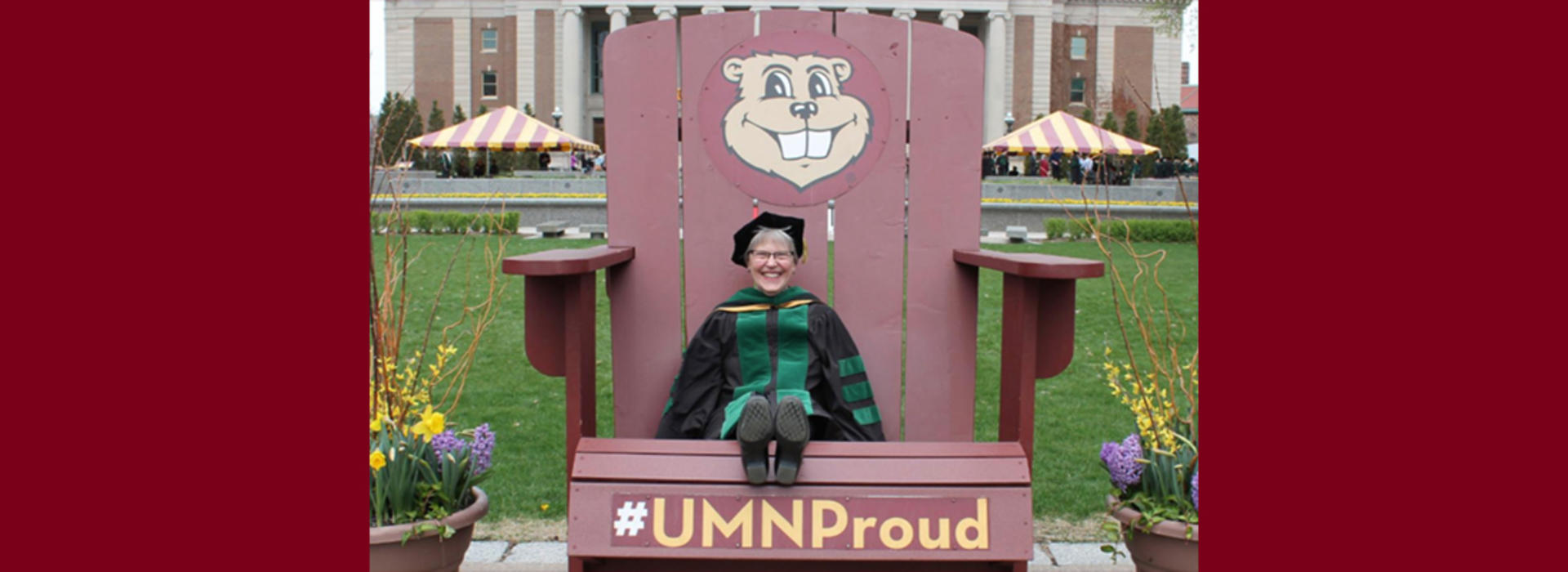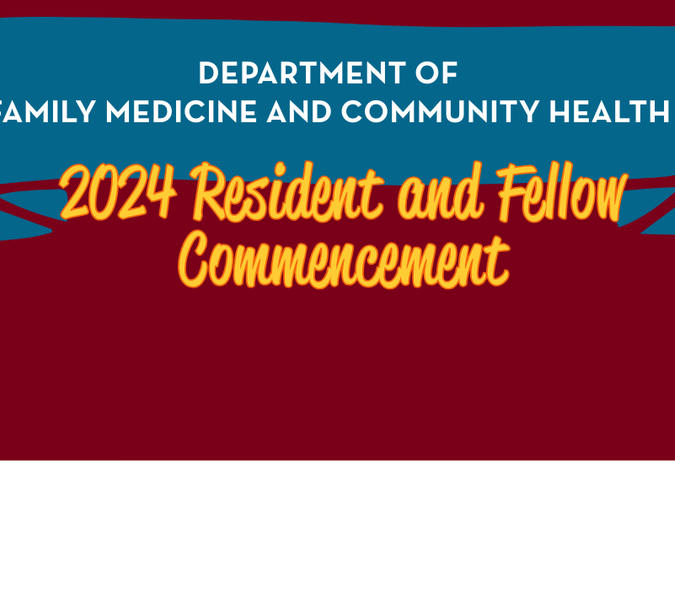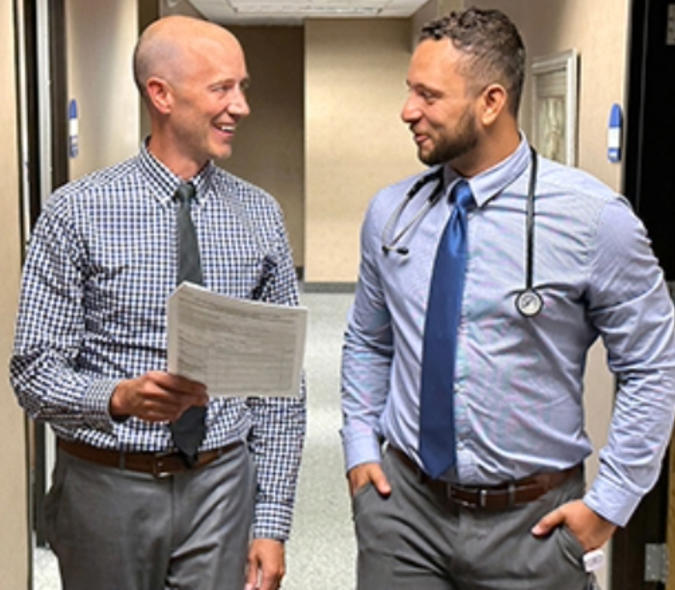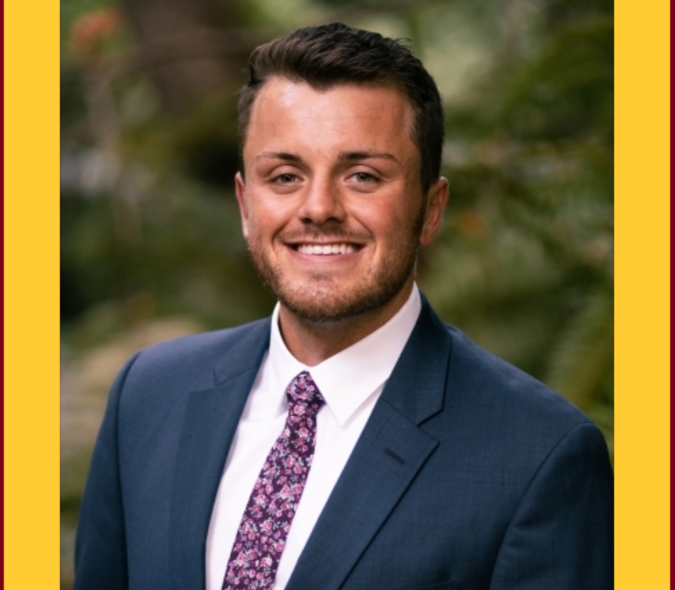
ALUMNI NEWS | Dr. Nancy Baker’s Creative Take on Work, Life, and Retirement
In June 2019, we bid farewell to Nancy Baker, MD, who retired from her role as assistant professor and faculty in the Rural Physician Associate Program (RPAP) and Metropolitan Physician Associate Program (MetroPAP). Dr. Baker has left an indelible mark on our department, working with faculty, residents, and medical students in a variety of capacities.
In true family medicine fashion, Dr. Baker's career has been broad in scope. She first came to DFMCH as a faculty member in 2001, teaching at the University of Minnesota Medical Center's residency program at Smiley's Family Medicine Clinic, where she taught full-spectrum family medicine, including obstetrics, to residents and medical students. In 2008, Dr. Baker was invited to be visiting faculty for RPAP and MetroPAP, a position that has grown over the years, including a brief stint as the interim director.
Dr. Baker has also worked with CJ Peek, PhD, Pete Harper, MD, MPH, and Chris Reif MD, MPH to create a visual lexicon that distinguishes and integrates terms like public health, community health, primary care, and population health—foundational components of family medicine.
As a writer of poetry and prose, Dr. Baker's creative talents have lent themselves well to her pursuit of innovative solutions to health challenges. She collaborated with Jon Hallberg, MD, and Mary Kenyon on the Harvard Street Forum, a public forum that addressed ways to use "conscience and calling to embrace the world's needs." In 2008, she worked with a Health Partners colleague to develop a series of podcasts to help physicians find meaning in their work through poetry.
"I try to use narrative and creativity with patients and learners," she says. "One reason I went into medicine in the first place was because I couldn't decide between science and the humanities. Medicine is the place where they come together."
But without hesitation, Dr. Baker describes the highlight of her long career as working with learners. "Their questions challenge you to be better," she says. "And working with young people keeps you young at heart."
Now that she has retired, she plans to continue offering her talent and skills through volunteer work and advocacy, as well as focusing more deeply on writing and storytelling, particularly the stories told to her by patients over the years. Overall, she hopes to exercise her right brain more.
"Some of the biggest challenges in medicine have not been solved by doing things in the same way," she says. "By bringing together stories and diverse perspectives through the humanities, perhaps we can make progress in achieving better health for all."



